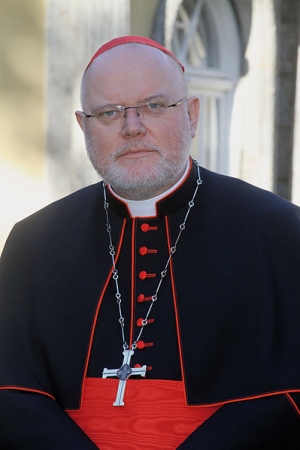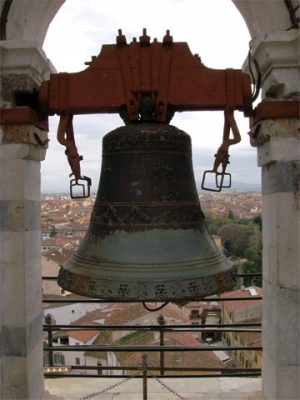Afficher les éléments par tag : lobbying
Anti-Choice Religious Groups and European Institutions: A Reframing of Language
Numerous radical religious groups are active at the European level where they attempt to influence political leaders on issues such as Sexual and Reproductive Health and Rights. Those who refuse their hard-line agendas refer to these organisations, which usually call themselves “pro-life”, as “anti-choice”. There has been a recent change in the way these “anti-choice” organisations express their views on ethical topics: a previous focus on emotions has given way to an increasingly ‘rational’ message. The new conservatives have appropriated values related to democracy and human rights to find a new means of building a sense of legitimacy for their discourse.
Informations supplémentaires
- Auteur Emilie Brébant
Religious lobbying at the European level: strengthened and professional
In recent years there has been an appearance – or re-appearance to some accounts – of ‘religion and politics’ at the European level, exemplified by the recurrent meetings between the Presidencies (Commission, Council and Parliament) and European religious leaders. Some consider these events as indications of the growing power of religious actors at the European level but wrongly conflate power with visibility. This article wishes to amend these interpretations and point to the shifts in organizational behaviour of the two central religious lobbies, COMECE and CSC, which have led to more pro-active and visible organizations. It also seeks to contextualize the role of religion at the European level and to discuss the consequences of article 17 for the future of the relation between religion and politics in the European Union.
Informations supplémentaires
- Auteur Pieterjan De Vlieger
Le repos dominical
Lancée ce 20 juin à Bruxelles, l’Alliance européenne pour le repos dominical résulte de l’alliance de plusieurs organisations syndicales, chrétiennes et familiales. Elle vise à sauvegarder le dimanche comme jour de repos hebdomadaire commun dans l’UE, un combat mené de longue date par les évêques catholiques européens, via leur lobby européen basé à Bruxelles, la COMECE.
Ce combat croise une double revendication : sociale, puisqu’elle vise à inscrire dans le droit européen sur le temps de travail une garantie de protection des personnels précarisés (intérimaires, emplois à temps partiel…). Religieuse, ensuite, puisque depuis la fin du XIXe siècle l’Eglise catholique et surtout le mouvement ouvrier chrétien naissant ont visé à consacrer le jour de repos obligatoire dans les premières législations sociales ébauchées parmi les pays européens.
Informations supplémentaires
- Auteur Jean Philippe Schreiber








 MangoGem
MangoGem